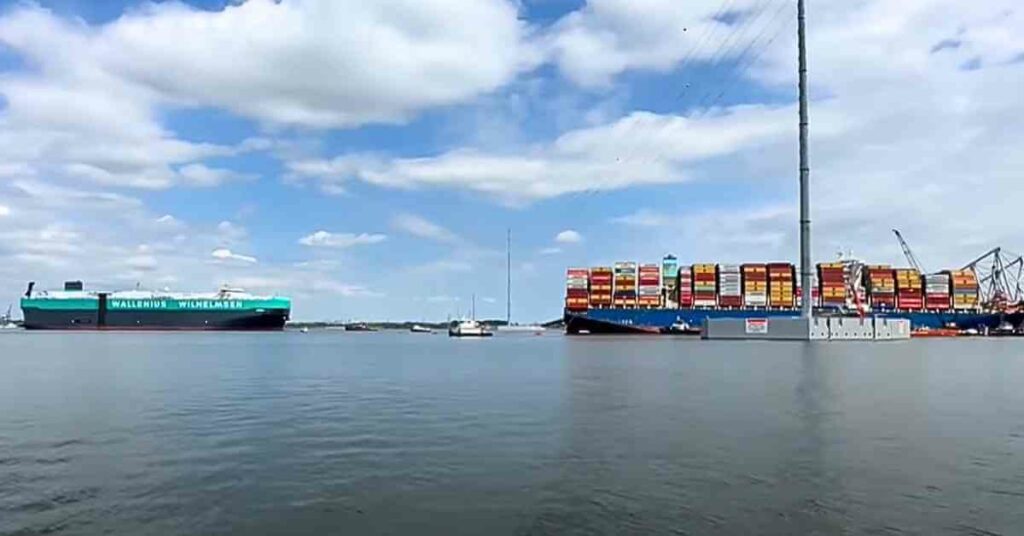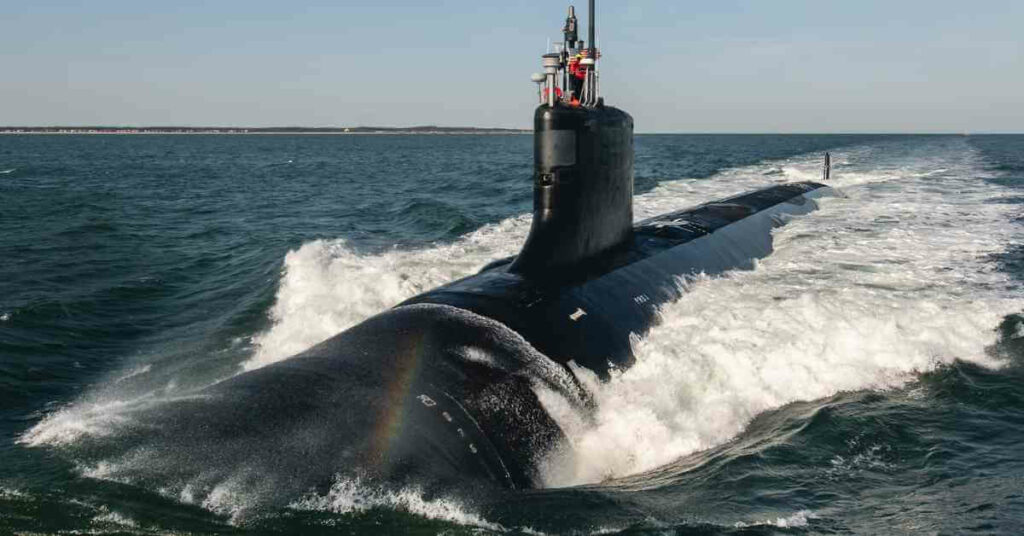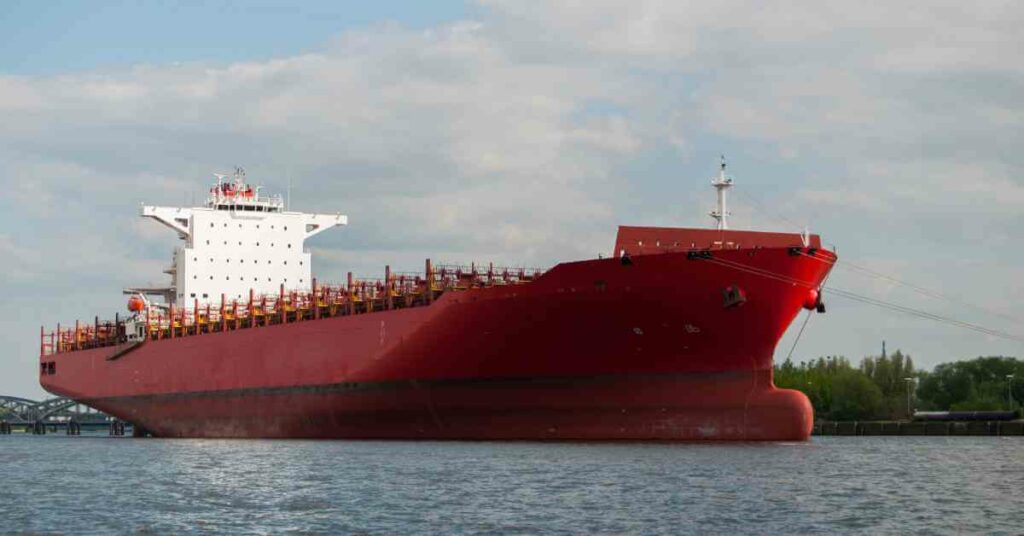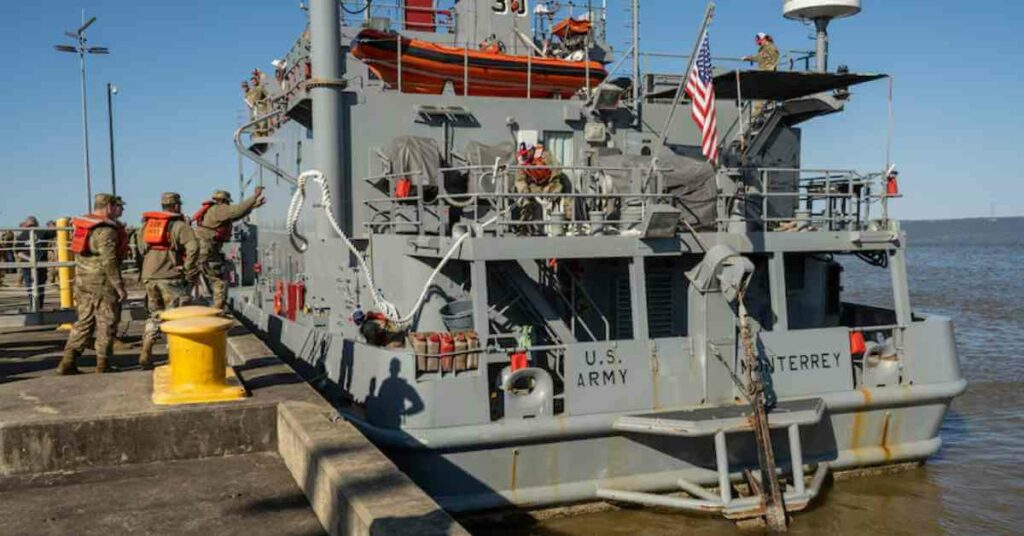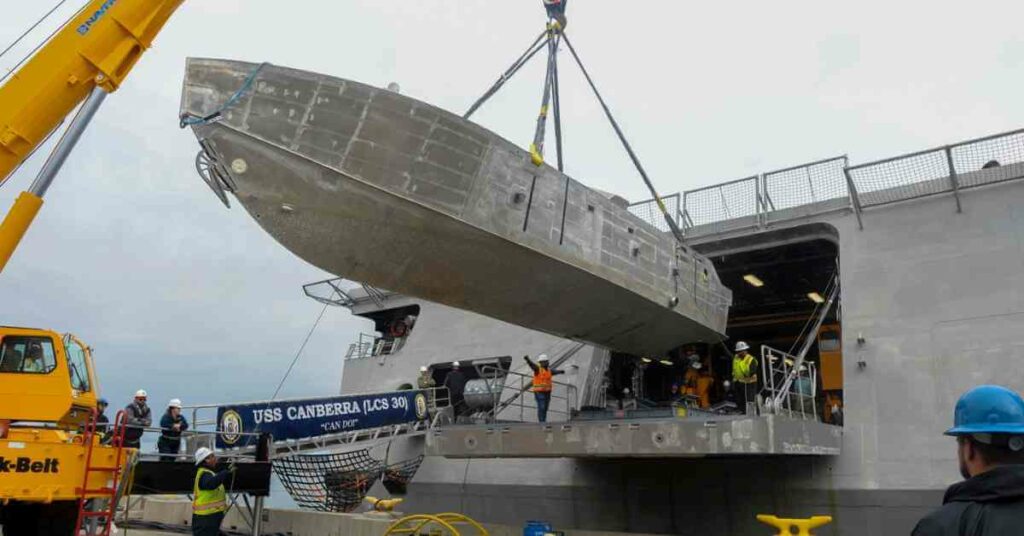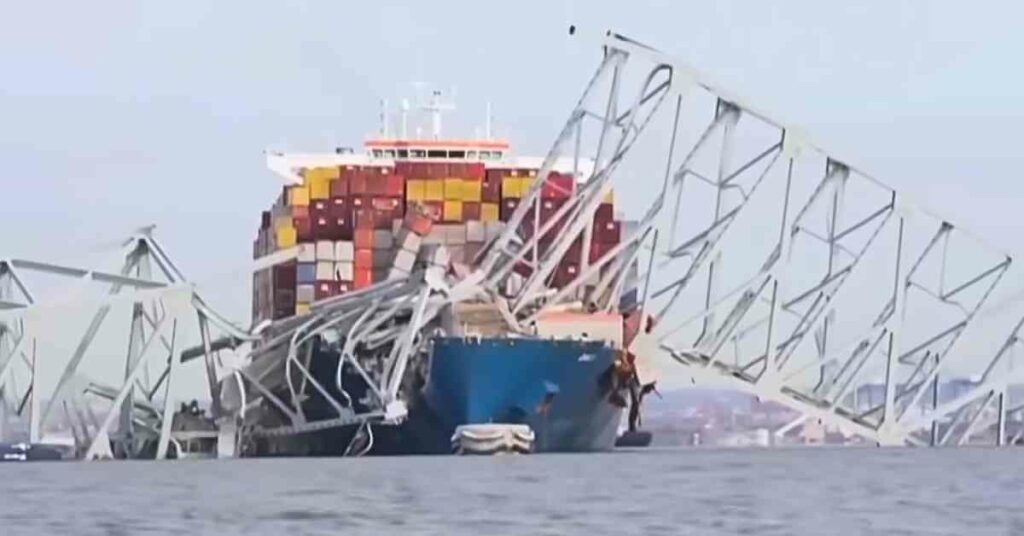Drewry: Proposed US Auto Tariffs Would Have Negative Impact On East-West Trade Routes
Key US ports, leading global container lines and specialist car carriers will all be adversely impacted should the proposed US auto tariffs be implemented in the second quarter of 2019, according to an impact analysis published by global shipping consultancy Drewry.
“In our analysis we assume tariffs will be imposed in 2Q19 (mid-May) and that US importers will start passing extra costs to consumers and supply chain stakeholders by 4Q19,” said Neil Davidson, Drewry’s senior analyst for ports and terminals. “We also assume some US importers will absorb all or part of the extra cost, while others will delay their decision and that some foreign finished vehicle producers may lower their prices to protect sales.”
The study explored the impact of three different tariff scenarios; a low-intensity scenario with 5% tariffs imposed on all US imports of finished vehicles and auto parts, a medium-intensity scenario at 15% and a high-intensity scenario with 25% tariffs imposed.

The main findings of the paper are:
US imports: The volume of US finished vehicle and auto parts imports will likely be adversely impacted, with the most negative effect expected between 2020-2021;
Key US ports: Baltimore, Los Angeles/Long Beach and the Port of New York/New Jersey are the US ports most exposed to the effects of the US auto tariffs;
Eastbound Transpacific trade routes: With it holding 67% of the eastbound finished vehicle imports trade, Japan is the sourcing country most exposed to tariffs. China is most exposed to the auto parts tariffs, holding 61% of the eastbound auto parts imports trade;
Westbound Transatlantic trade route: Germany is the sourcing country most exposed to the Trump auto tariffs as it holds 63% of the westbound finished vehicle imports trade, and 78% of the westbound auto parts westbound trade;
Car carrier sector: With it already suffering from overcapacity, the finished vehicle shipping sector is particularly vulnerable and will naturally be negatively affected.
The auto industry is a globalised and heavily interlinked industry with a complex supply chain. Any level of artificial cost imposition is likely to have a myriad of consequences, both intended and unintended, for stakeholders operating in the key East-West trade routes. Further, there is understandable concern any tariff imposition by the US will trigger retaliatory action by the EU, further exacerbating the situation.
“Any imposition of US tariffs on European cars and auto parts would represent a significant escalation of transatlantic tensions between the US and the EU and given the importance of these commodities could lead to a serious escalation,” said Drewry’s director of research products, Martin Dixon. “Such a situation would have an even more severe impact on trade flows on Transatlantic trade routes with ominous consequences for a global maritime industry already grappling with over-capacity, rising operating costs and new regulatory compliance.”
Reference: drewry.co.uk
Disclaimer :
The information contained in this website is for general information purposes only. While we endeavour to keep the information up to date and correct, we make no representations or warranties of any kind, express or implied, about the completeness, accuracy, reliability, suitability or availability with respect to the website or the information, products, services, or related graphics contained on the website for any purpose. Any reliance you place on such information is therefore strictly at your own risk.
In no event will we be liable for any loss or damage including without limitation, indirect or consequential loss or damage, or any loss or damage whatsoever arising from loss of data or profits arising out of, or in connection with, the use of this website.
Disclaimer :
The information contained in this website is for general information purposes only. While we endeavour to keep the information up to date and correct, we make no representations or warranties of any kind, express or implied, about the completeness, accuracy, reliability, suitability or availability with respect to the website or the information, products, services, or related graphics contained on the website for any purpose. Any reliance you place on such information is therefore strictly at your own risk.
In no event will we be liable for any loss or damage including without limitation, indirect or consequential loss or damage, or any loss or damage whatsoever arising from loss of data or profits arising out of, or in connection with, the use of this website.
Do you have info to share with us ? Suggest a correction
About Author
Marine Insight News Network is a premier source for up-to-date, comprehensive, and insightful coverage of the maritime industry. Dedicated to offering the latest news, trends, and analyses in shipping, marine technology, regulations, and global maritime affairs, Marine Insight News Network prides itself on delivering accurate, engaging, and relevant information.

About Author
Marine Insight News Network is a premier source for up-to-date, comprehensive, and insightful coverage of the maritime industry. Dedicated to offering the latest news, trends, and analyses in shipping, marine technology, regulations, and global maritime affairs, Marine Insight News Network prides itself on delivering accurate, engaging, and relevant information.
Latest Shipping News Articles You Would Like:
Subscribe To Our Newsletters
By subscribing, you agree to our Privacy Policy and may receive occasional deal communications; you can unsubscribe anytime.




